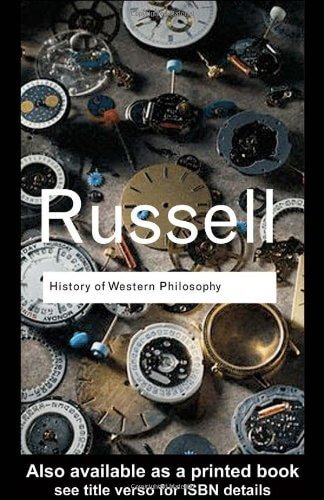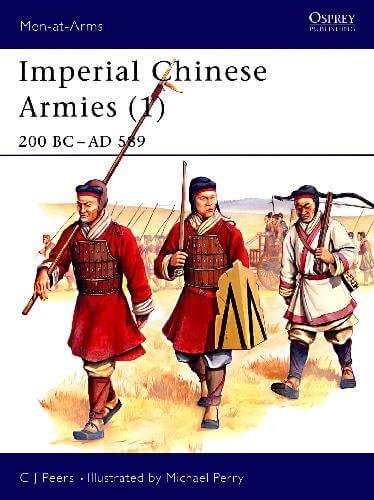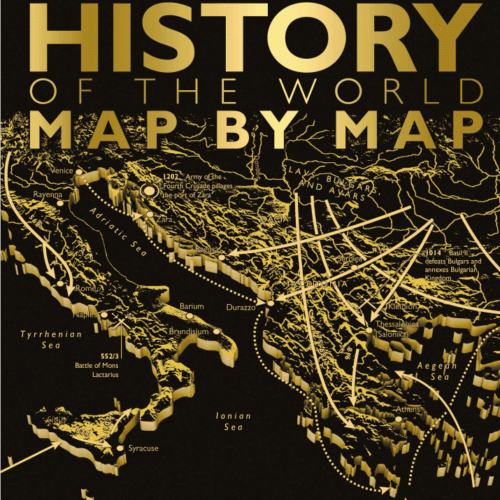History of Western Philosophy by Bertrand Russell
Annotated with Cultural and Philosophical Context for Global Readers
Core Translation & Cultural Context
Original Title: A History of Western Philosophy
Author: Bertrand Russell (Philosopher, Nobel Laureate in Literature)
Genre: Philosophy / Historical Analysis
Cultural Significance: First published in 1946, Russell’s A History of Western Philosophy revolutionized the genre by blending scholarly rigor with wit and accessibility. It remains the best-selling philosophy book of the 20th century. Unlike traditional academic surveys, Russell’s work critiques Western thought through the lens of his own analytical philosophy, offering sharp insights into how historical, political, and cultural forces shaped ideas from ancient Greece to the 20th century.
Full Translation with Annotations
1. Structure and Scope
- Three Volumes:
- Ancient Philosophy: Traces philosophy’s origins in pre-Socratic thinkers (e.g., Heraclitus, Parmenides) to Socrates, Plato, and Aristotle. Russell critiques Plato’s Republic as overly influenced by Spartan authoritarianism.
- Catholic Philosophy: Examines medieval thinkers like Augustine, Aquinas, and Duns Scotus, linking theology to feudal power structures.
- Modern Philosophy: Covers the Renaissance to early 20th-century figures (e.g., Descartes, Kant, Nietzsche) and concludes with Russell’s own school, analytic philosophy (developed with Whitehead in Principia Mathematica).
2. Key Philosophical Critiques
- Aristotle: Russell dismantles Aristotle’s syllogistic logic, calling it “a museum of antiquated curiosities” for its rigidity.
- Hegel: Mocks Hegel’s dialectic as “obscurantist,” arguing it enabled totalitarian ideologies by glorifying the state.
- Nietzsche: Critiques his “will to power” as a dangerous justification for tyranny.
3. Russell’s Unique Approach
- Historical Contextualization: Unlike dry chronologies, Russell ties philosophy to broader history. For example, he links Plato’s Republic to Sparta’s militarism.
- Wit and Accessibility: The book is peppered with anecdotes (e.g., Thales falling into a well while stargazing) and humorous asides, making complex ideas engaging.
- Analytic Precision: As a founder of analytic philosophy, Russell dissects arguments with logical rigor, particularly in the final chapter on logical atomism.
4. Cultural and Scientific Influences
- Mathematics and Logic: Russell’s work on Principia Mathematica (with Whitehead) underpins his critique of philosophical systems, emphasizing clarity and empirical grounding.
- Political Activism: His pacifism and critiques of authoritarianism (e.g., opposing the Vietnam War) reflect his belief that philosophy must serve human welfare.
5. Reception and Legacy
- Nobel Prize in Literature (1950): Awarded for Russell’s ability to make philosophy accessible and socially relevant.
- Criticisms: Scholars argue Russell’s biases (e.g., disdain for German idealism) oversimplify certain schools. However, his irreverence is also praised for demystifying elitist traditions.
- Modern Impact: The book remains a staple in philosophy curricula and has influenced leaders like Bill Clinton and activists advocating for rational, ethical governance.
Supplementary Materials for Global Readers
- Glossary:
- Analytic Philosophy: Focuses on logical analysis of language and concepts.
- Stoicism: Hellenistic philosophy advocating self-mastery and acceptance of fate.
- Timeline:
- 5th c. BCE: Socrates’ trial and execution.
- 17th c.: Descartes’ Cogito ergo sum revolutionizes epistemology.
- 1945: Russell’s History published, redefining public engagement with philosophy.
- Further Reading:
- The Story of Philosophy by Will Durant (complementary populist survey).
- Sophie’s World by Jostein Gaarder (novel introducing philosophy through a young protagonist).








评价
目前还没有评价